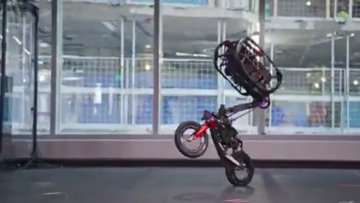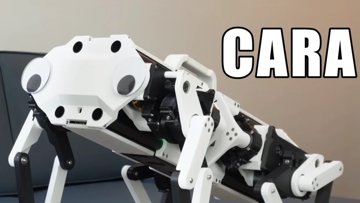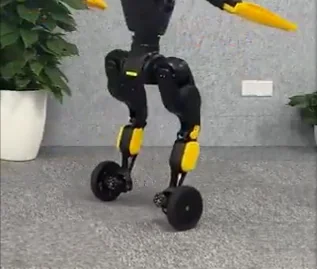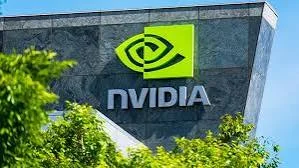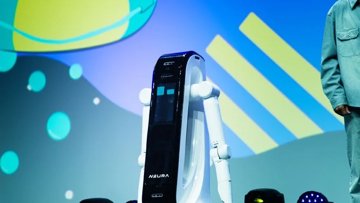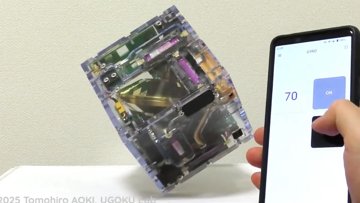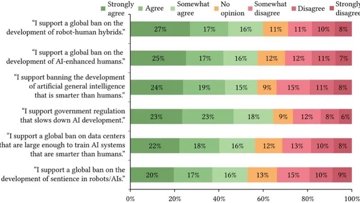A new battlefield has emerged in the quest for robotic supremacy: the kitchen sink. A scrappy newcomer, OpenDroids, has thrown down the gauntlet, claiming its robot can load a dishwasher twice as fast as the heavily-funded 1x’s Neo android. The claim, made on X, comes with the classic startup bravado of doing more with less—specifically, “99.9% less funding.”
This isn’t just about clean plates; it’s a proxy war for dexterity and real-world utility. The target of OpenDroids’ challenge, 1x’s Neo, has been a poster child for venture-backed humanoid robotics, often demonstrated performing household chores with a deliberate, steady pace. OpenDroids is betting that speed and efficiency, even with a smaller budget, will win the day, cheekily inviting “other challengers to the new dishes benchmark.” It seems the new killer app for general-purpose robots is… chores.
Why is this important?
While a dishwasher-loading race sounds trivial, it represents a critical new phase in robotics. Forget sterile factory floors; the real test is the chaotic, unpredictable environment of a home. By creating a public, relatable benchmark, OpenDroids is cleverly forcing a conversation about practical performance over theoretical capabilities and massive funding rounds. This public call-out democratizes the competition, suggesting that the future of useful robotics might not just come from billion-dollar labs, but also from lean, open-source innovators focused on solving one of humanity’s oldest problems: who has to do the dishes.


